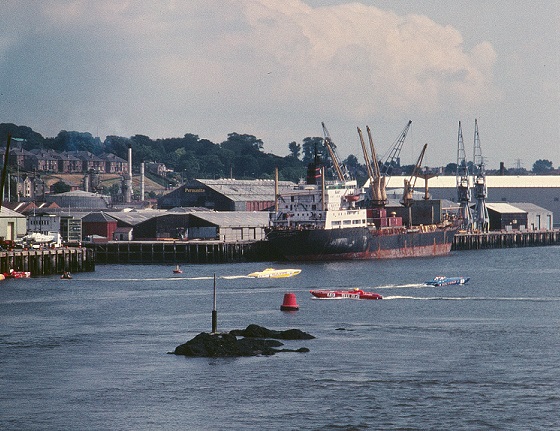
Scotland's first National Marine Plan (March 2015) covers Scotland's inshore and offshore waters and provides the planning context for "blue growth". Including activities such as offshore renewables, aquaculture and coastal tourism, blue growth (or blue economy) is the maritime contribution to achieving the goals of the Europe 2020 strategy for smart, sustainable and inclusive growth.
Weak regulation of the marine environment has led to environmental degradation and conflicts between human activities. Different sectors have tended to respond reactively, in isolation, and with little strategic cordination. In Scotland, the intention is that Marine Spacial Planning (MSP) will interact with other planning and consenting processes within, and adjoining, Scotland's extensive marine area.
Terrestrial planning has existed since 1947 and Coastal Planning Partnerships since 1997 offering considerable experience and expertise. This programme will learn from existing land-based governance structures and international trans-boundary experience, whilst reflecting on the appropriateness of available approaches for the particular challenges of the marine environment.
In forthcoming workshops we will address the following:
1. Explore the concepts of blue growth, what adopting an ecosystems approach and securing Environmental Status mean for MSP and the marine environment in Scotland;
2. Discuss and reflect on three approaches - Wellbeing; Stated Preference; Sectoral Interactions Matrix - for providing information and generating public conversations around the blue growth agenda and mediating values and relationships across the land-sea divide; and
3. Produce 7 Lay Person's guides on the concepts/approaches of MSP
Our aim is to enhance civic and stakeholder awareness, understanding and engagement in MSP, through exploring key concepts, and using international lesson-drawing from terrestrial planning and coastal partnership practices.